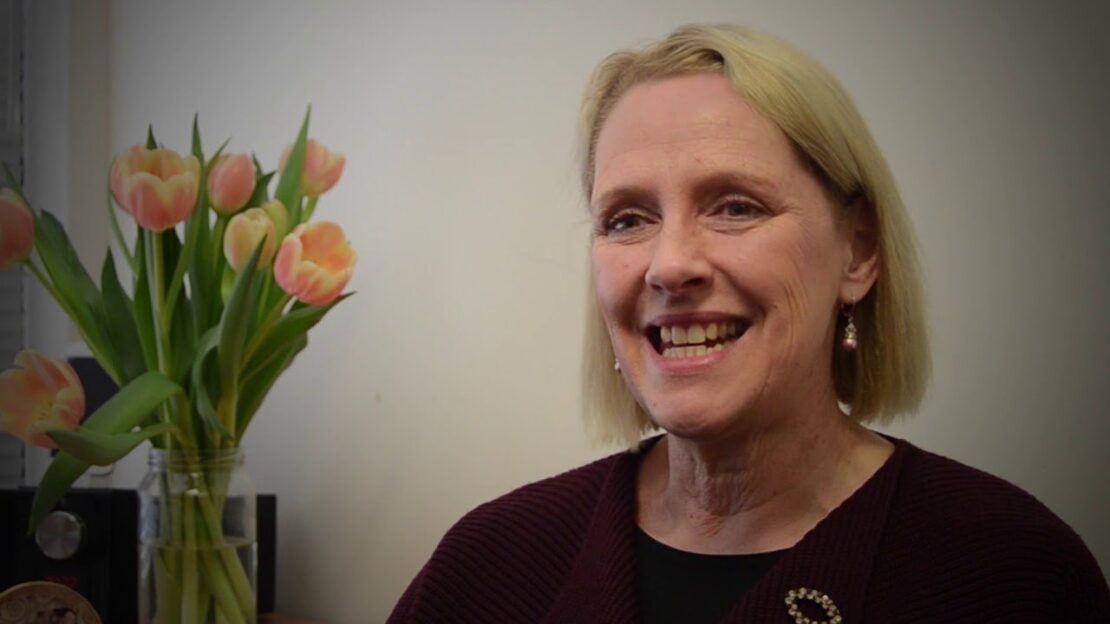I grew up with parents whose main behavior management tool was the sentence: ‘If you can’t say something nice, don’t say anything at all.’ It didn’t always work – but it did often prevent the mean words that tend to slip out on the home front. And it schooled in us, I suspect, a care in how we used our words with one another. A gentling of the spirit, perhaps.
I’ve been reminded of this phrase over the last few weeks listening to the way our politicians locally and internationally relate to each other. There’s a sharpness. They are necessarily negative about their opponents and their policies, of course, but in some cases, there is also a deep antipathy that is hard to listen to. It’s a different sort of way – one that uses words as weapon and works out of a hermeneutic of mistrust. And I can’t help but observe that if we are unable to be at peace with another and be a voice of hope, there will never be real peace in the world.
Some of our leaders know that fear and uncertainty are the touch points for many. And we can choose to build upon the fear, sadness and uncertainty of another or we can inspire a world that is based on hope. I think this is one of the great reminders that Advent offers us.
It is always a challenge when we disagree with another. We want to convert the other to our point of view – because we are right! These are the ‘yes, but’ conversations. Developing a place for hope requires ‘yes and’ conversations. This is the world where we acknowledge the point of view of the other and we build on it rather than try to tear it down. But this is not an easy way to work and live!
In the prayer life of the Church, we have reached the season of Advent. It is a season that provokes in us a spirit of hope. It is a time that prompts us to beginnings. It is an opportunity to keep the season as a holy space before Christmas. It is an invitation to a time of preparation, reflection, and renewal. It is also a time where the past, present and future collide. People of faith commemorate the birth of the much longed for saviour in Bethlehem (past), prepare for one who is to come (future), and celebrate the one who is present in life today.
And throughout the Advent period the readings will encourage us along the way. We will once again reach back through the ages and rediscover the hopes and longings of the ancient people of God for someone to bring peace. The gospels will offer their reminders to be watchful and provide the beautiful details about the man John who – even in prison – saw something in Jesus. The one who is to come. And then, the final reveal on the fourth Sunday of Advent, that Mary, this young, faith filled woman, will conceive and give birth to the Emmanuel, God-with-us.
These stories, that we know so well, remind us again that in this world of faith it is possible to live as a ‘yes and’ people. It is possible to believe in the unimaginable. This is the people who walk the way of hope, of peace, and of kindness. But how do we do this? Pope Francis writes:
‘Do we want to be heard? Let us listen. Do we need encouragement? Let us encourage. Do we want someone to care for us? Let us care for those who are alone. Do we need hope for tomorrow? Let us give hope today.’ (A Gift of Joy and Hope, p. 39)
It is as simple and as difficult as that! May we in our own ways continue to build this world where hope, peace, joy and love are the way. May we be gentle with each other. May the hurts of the year, that inevitably rise, be soothed by the knowledge that the world is graced and shot through with hope. That we are not alone.
And may our hearts be ready once again to celebrate with great joy that Jesus, the Emmanuel, is God-with-us.
By Cathy Jenkins





Comments
Add Comment